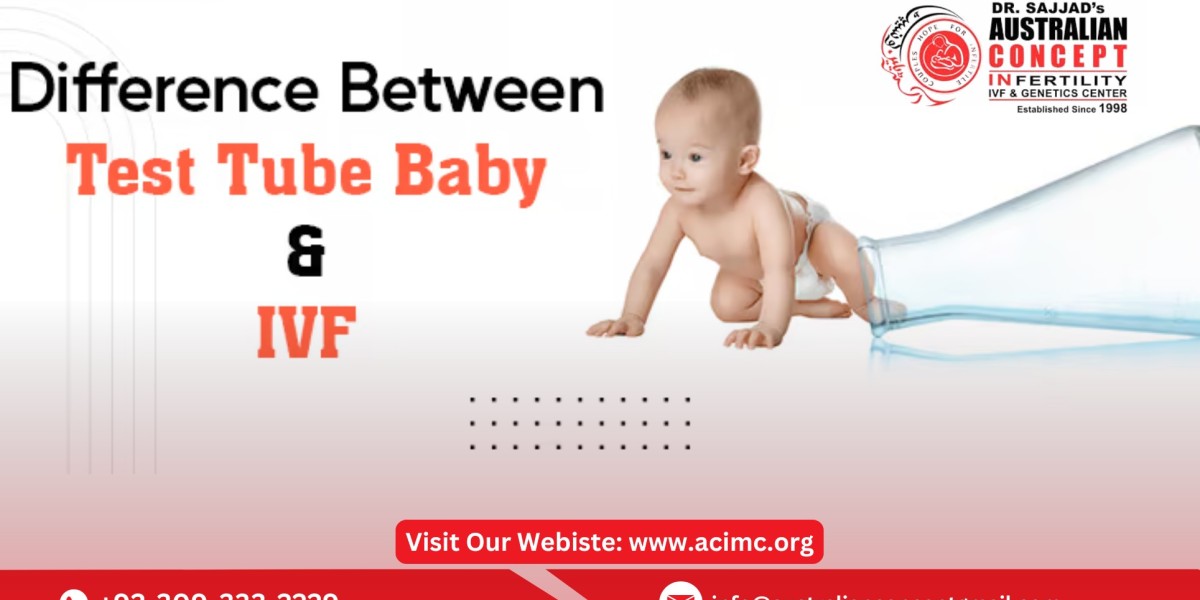When it comes to assisted reproductive techniques, the test tube baby procedure (IVF) offers new hope for couples struggling with infertility. However, the outcome of IVF largely depends on several factors, including age, medical conditions, and lifestyle choices. Making positive lifestyle adjustments before and during treatment can significantly increase the chances of conception.
1. Maintain a Healthy Diet
A balanced diet plays a key role in reproductive health. Consuming foods rich in antioxidants, vitamins, and minerals improves egg and sperm quality. Include fruits, vegetables, lean proteins, and whole grains in your daily meals. Avoid processed foods, excessive sugar, and unhealthy fats, as they can negatively affect hormonal balance.
2. Achieve a Healthy Body Weight
Being either underweight or overweight can interfere with ovulation and hormone production. Women with a healthy Body Mass Index (BMI) are more likely to have successful implantation and pregnancy. Men should also maintain a healthy weight to improve sperm count and motility.
3. Quit Smoking and Limit Alcohol
Smoking damages eggs and sperm, leading to lower fertility rates. Similarly, excessive alcohol intake can disrupt hormone levels and reduce treatment effectiveness. Couples planning IVF should avoid smoking entirely and limit alcohol consumption to improve outcomes.
4. Manage Stress Effectively
IVF can be emotionally challenging, and high stress levels may affect fertility hormones. Engage in stress-reducing activities like yoga, meditation, deep breathing, or gentle exercise. Talking with a counselor or joining a support group can also help reduce anxiety and emotional pressure.
5. Prioritize Regular Exercise
Moderate exercise helps improve blood circulation, hormonal balance, and overall physical well-being. However, avoid high-intensity workouts that can interfere with ovulation or implantation. Activities like brisk walking, swimming, or light yoga are ideal before and during IVF cycles.
6. Ensure Proper Sleep
Quality sleep supports hormone regulation and boosts reproductive health. Aim for 7–8 hours of sleep each night. Poor sleep patterns can disrupt menstrual cycles and reduce sperm production, lowering the chances of a successful IVF outcome.
7. Avoid Caffeine and Environmental Toxins
High caffeine intake has been linked to reduced fertility. Limiting coffee, energy drinks, and sodas can support better reproductive health. Additionally, avoid exposure to pesticides, harsh cleaning chemicals, and plastics containing BPA, as these can affect hormone levels and egg quality.
8. Take Prescribed Supplements
Your fertility specialist may recommend prenatal vitamins, folic acid, or other supplements to improve egg and sperm health. Always take supplements under medical supervision, as excessive intake may cause side effects or hormonal imbalance.
9. Follow Medical Advice Strictly
Adhering to your doctor’s recommendations and attending regular check-ups is essential. Each IVF case is unique, and your doctor will customize your plan according to your medical and hormonal profile. Following instructions precisely increases the likelihood of a positive outcome.
10. Support Each Other Emotionally
IVF can be physically and emotionally draining for couples. Emotional support, understanding, and open communication between partners are vital. A strong, supportive relationship helps in coping with challenges and maintaining a positive outlook throughout the treatment journey.
Conclusion:
While medical expertise and technology play major roles in the success of the test tube baby procedure, lifestyle changes are equally important. Eating well, staying active, managing stress, and avoiding harmful habits can significantly improve your chances of conceiving and having a healthy pregnancy. A healthy lifestyle not only supports fertility treatment but also promotes overall well-being for both partners.








